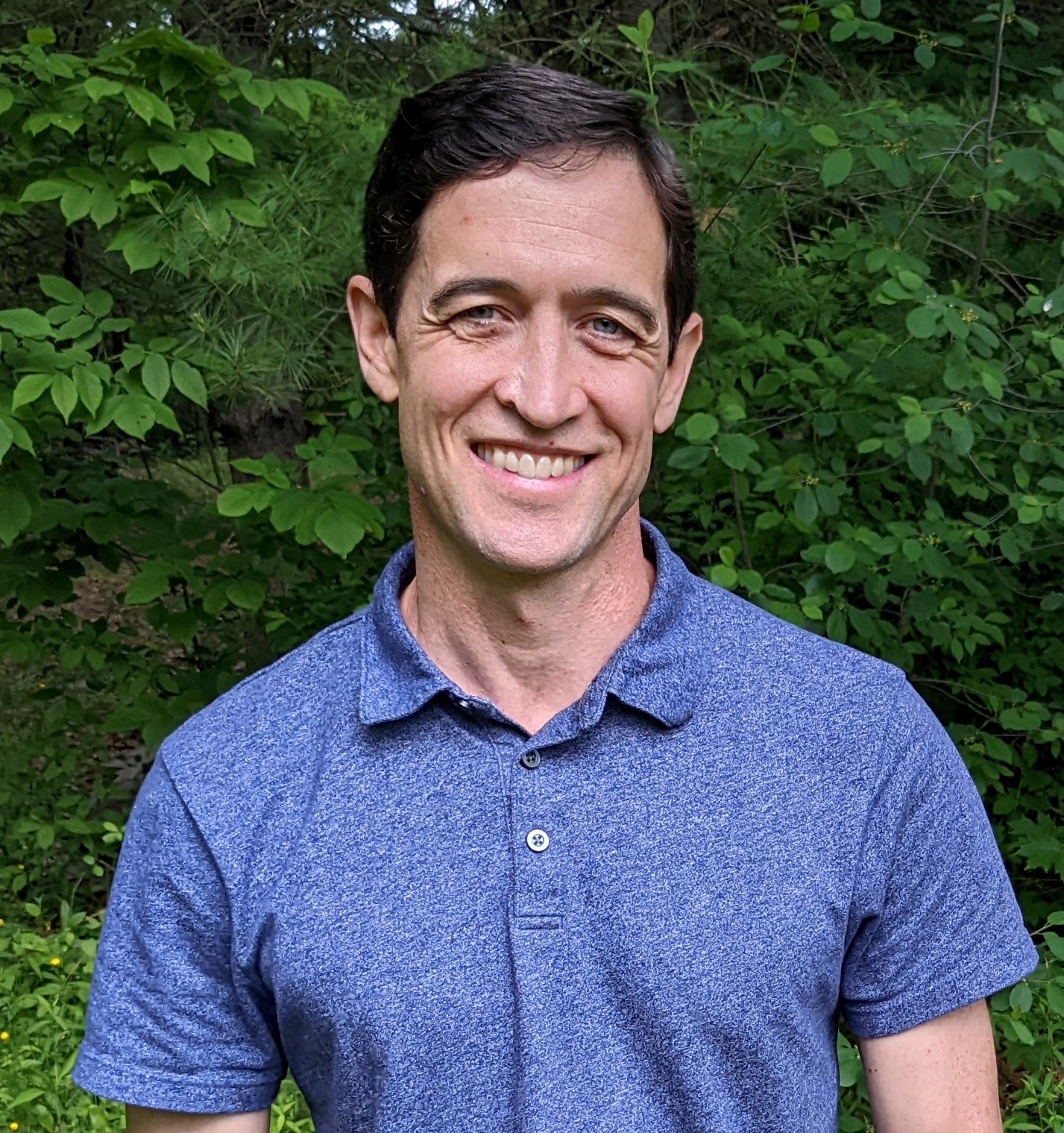You are here
Joshua M. Rapp
 I am interested in how forests respond to environmental change. My PhD research at Wake Forest University investigated how variation in climate in time and space affects growth and survival of trees and epiphytes in the Peruvian Andes. Now at Harvard Forest, I am focused on another stage of the tree life cycle important for the maintenance of plant populations – seed production. Masting, the synchronous and episodic production of large seed crops, is a common plant reproductive strategy, especially among temperate zone trees. In both sugar maples at the Harvard Forest and whitebark pine in Montana I am studying how the internal dynamics of stored resources and constraints of pollination limitation influence patterns of seed production. In whitebark pine persistent cone scars allow measurement of both male and female cone production over several years, which I’m using to evaluate how investment in male and female reproductive function varies over time and among individuals, and how this influences cone maturation. In addition, I’m investigating the relationship between cone production and mortality from mountain pine beetle, whose increased virulence in the mountain west has been linked to climate change. Sugar maples are economically important in the northeastern U.S. and adjacent Canada because of maple syrup production, and concerns exist about the viability of maple populations and the maple syrup industry under a warming climate. I am collecting long term records on sap flow and sap sugar content from across New England to understand if these records reflect the resource status of trees and whether this is correlated with variation in seed production across years. This regional study is complemented by detailed observations of sap production, flower and seed production, and pollinator populations at the Harvard Forest to investigate how stored resources and pollination limitation influence masting in sugar maple.
I am interested in how forests respond to environmental change. My PhD research at Wake Forest University investigated how variation in climate in time and space affects growth and survival of trees and epiphytes in the Peruvian Andes. Now at Harvard Forest, I am focused on another stage of the tree life cycle important for the maintenance of plant populations – seed production. Masting, the synchronous and episodic production of large seed crops, is a common plant reproductive strategy, especially among temperate zone trees. In both sugar maples at the Harvard Forest and whitebark pine in Montana I am studying how the internal dynamics of stored resources and constraints of pollination limitation influence patterns of seed production. In whitebark pine persistent cone scars allow measurement of both male and female cone production over several years, which I’m using to evaluate how investment in male and female reproductive function varies over time and among individuals, and how this influences cone maturation. In addition, I’m investigating the relationship between cone production and mortality from mountain pine beetle, whose increased virulence in the mountain west has been linked to climate change. Sugar maples are economically important in the northeastern U.S. and adjacent Canada because of maple syrup production, and concerns exist about the viability of maple populations and the maple syrup industry under a warming climate. I am collecting long term records on sap flow and sap sugar content from across New England to understand if these records reflect the resource status of trees and whether this is correlated with variation in seed production across years. This regional study is complemented by detailed observations of sap production, flower and seed production, and pollinator populations at the Harvard Forest to investigate how stored resources and pollination limitation influence masting in sugar maple.
Learn more: http://joshuamrapp.com/.

